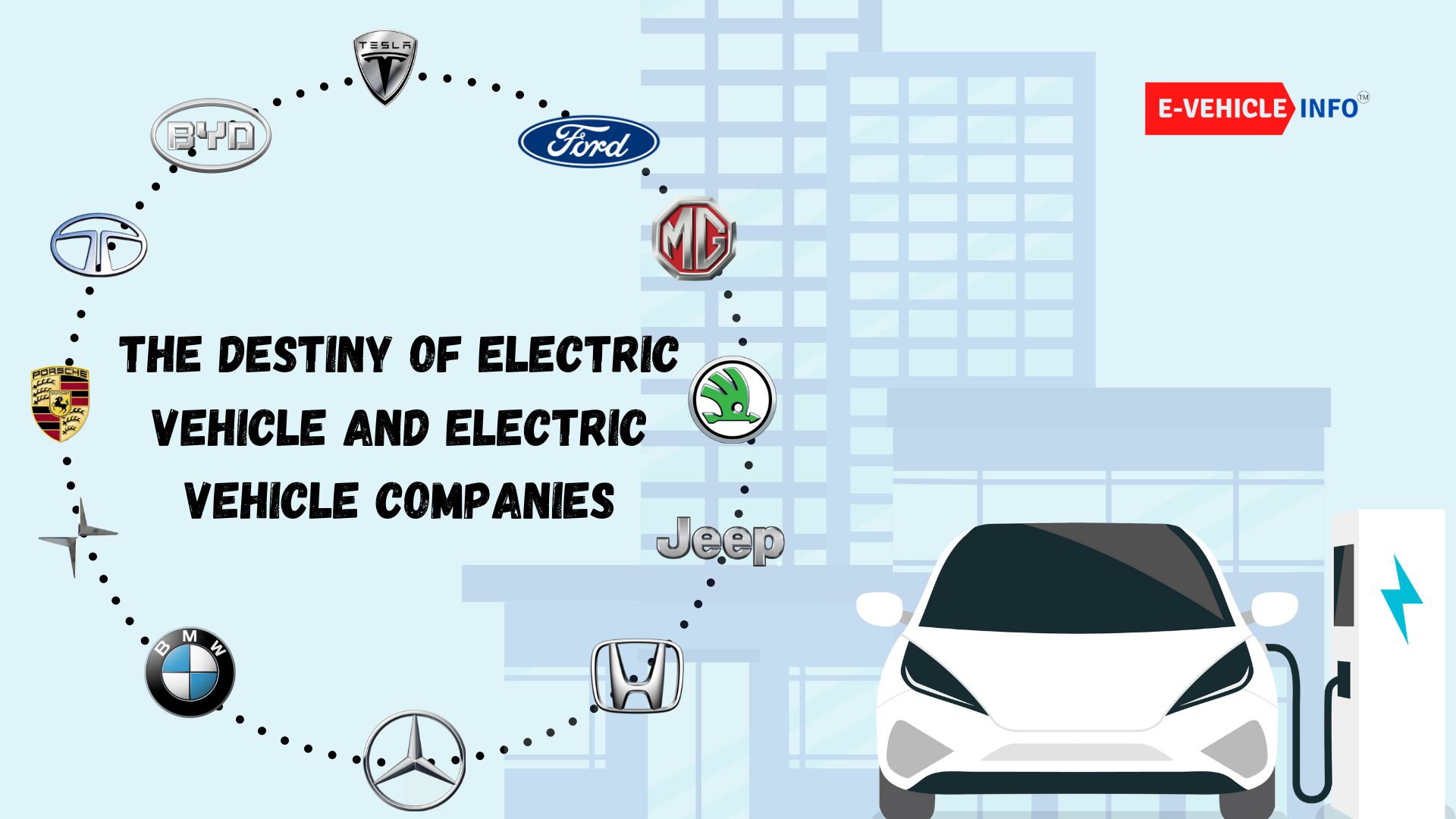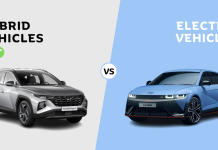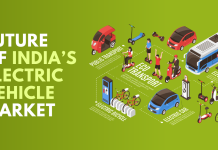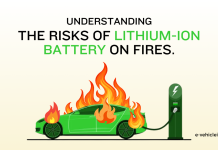
We all care for the environment we live in; nobody wants to inhale pollution, live in dusty conditions and lead a life of toxicity. So what can be done to bid farewell to this menace? Well! We are not climate experts but we sure are electric vehicle experts so we can give you this much advice to adopt electric vehicles as soon as possible because they are the future of India’s new mobility vogue.
According to a recent estimate, the market for electric cars (EVs) is predicted to be worth at least 475 billion by 2025. Up to 15% of two-wheelers are expected to be electrified by 2025, up from the present 1% penetration rate.
However, the road is full of predicaments but with new technology racing in and will zeal of doing good for the environment. Let’s drive this article further and get a taste of the destiny of electric vehicles.
Table of Contents
What is the current situation?
Since 2016, sales of electric vehicles have increased by more than 40% annually in the US. The biggest automobile markets will switch over to all-electric vehicles by 2035, offering a glimpse of a greener future as well as a major economic opportunity. The Indian EV market, which was valued at $1,435 billion in 2021, is anticipated to grow by 47.09% annually from 2022 to 2027 to reach $15,398 billion. Vehicle owners and potential customers are strongly encouraged to look for less expensive solutions, and EVs meet the bill.
Successful EV Brands around the Globe
Tesla has been one of the most successful and promising EV companies in the world, but others have also introduced EVs that are in demand from customers in many areas, including Mercedes Benz, Tata, MG, GM, Audi, Hyundai, Nissan, BMW, and Renault.
There is no question that electric vehicles (EVs) are the way of the future for transportation, and while advancements in battery chemistry and new materials may continue, the trend is unstoppable.
How can we bring the EV rEVolution on a large scale?
- Imposing regulations: Incentives and rules have been implemented by governments and states to hasten the transition to sustainable mobility. Global regulators are setting stricter pollution targets. The Modi government’s ambition of net zero emission is the biggest example of how India is on the road to achieving e-mobility. The Biden administration set a 2030 goal of 50% electric vehicle (EV) usage. Most governments are also providing EV subsidies in addition to such mandates.
- Customer demand: More individuals are accepting alternative and sustainable ways of transportation, which is changing consumer behavior and awareness. According to the most recent McKinsey consumer survey, average e-vehicle use (both shared and private) may grow by more than 10% in the post-pandemic world compared to pre-pandemic levels. Inner city journeys with shared e-scooters have increased by 60 percent year over year. More awareness and hyper advertisement are what is required.
- Updated Technology: The major shift towards electric vehicles is the updated technology that the companies are offering. We see the new growth trajectory bought by Ola, Ather, and Ultraviolette, and the list is unending. The features offered by EVs are auto sensors, more space, low spending on petrol, and whatnot. These are just enough to entice an individual. Not just this, but over the past ten years, the industry has drawn more than $400 billion in investments, with around $100 billion of those entering since the start of 2020. All of this funding is intended for businesses and start-ups developing technologies for connected and autonomous automobiles.
Road Ahead
Although the rate and scope of change may vary, electrification will play a significant part in the transformation of the mobility industry and offers significant prospects in all vehicle segments. Launching new EVs onto the market is a crucial first step in ensuring the quick, widespread adoption of electric mobility. Additionally, for the shift to be effective, the whole mobility ecosystem—including EV producers and suppliers, financiers, dealers, energy providers, and owners of charging stations—must collaborate.






